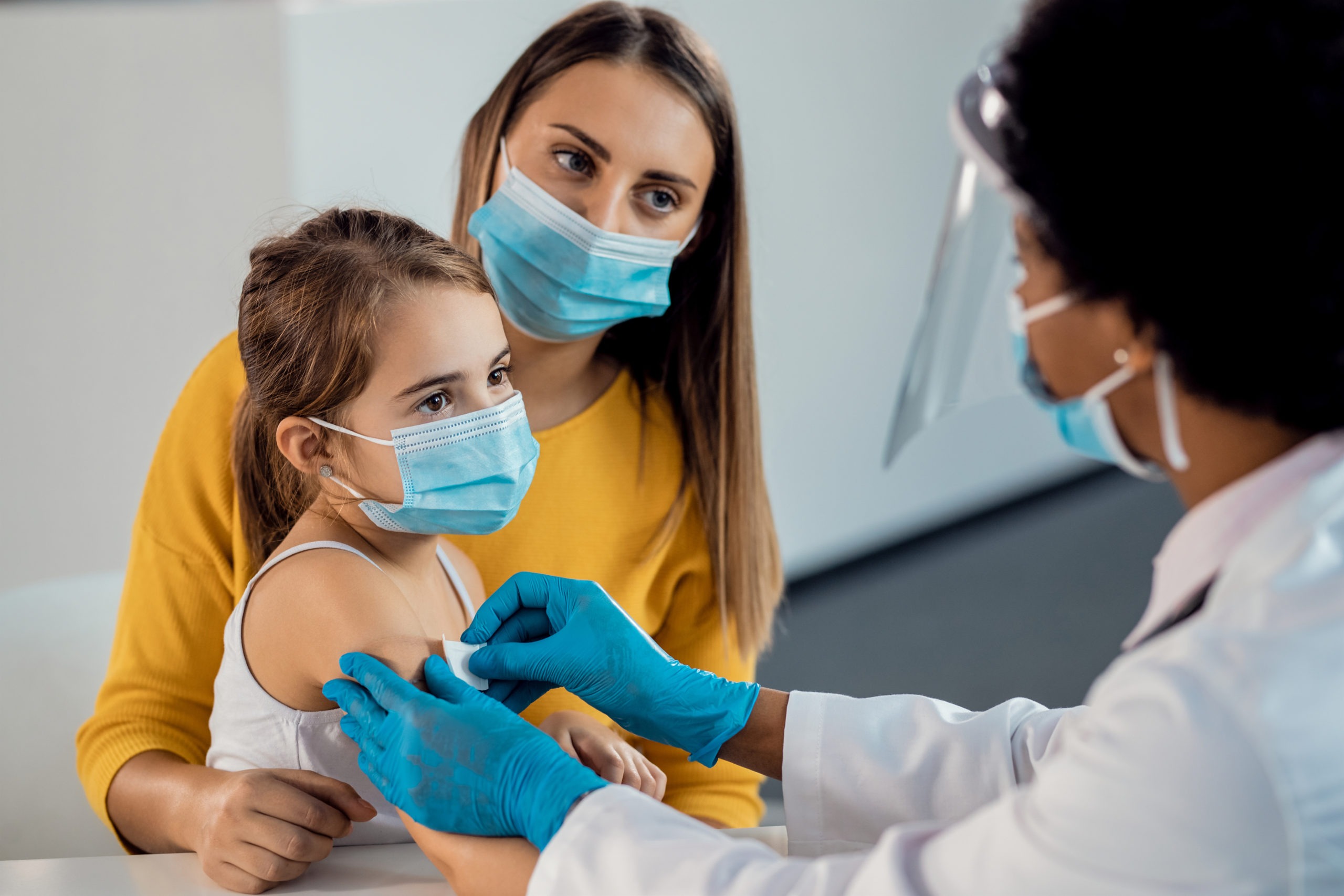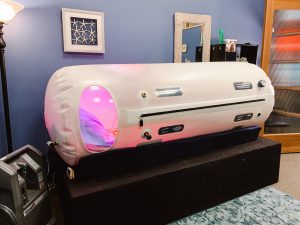
Do I need another dose of the COVID-19 vaccine?
Table of Contents
Two weeks after receiving your second dosage of a messenger RNA (mRNA) Covid 19 vaccine, such as Pfizer-BioNTech or Moderna, or two weeks after receiving a single dose of the Janssen/Johnson & Johnson vaccine, you are considered completely immunized. Generally, there is no time restriction on your full vaccinated status following vaccination.
If exposed to the virus that causes COVID-19, a tiny fraction of fully vaccinated people will still acquire COVID-19 infection. These are referred to as vaccine-breakthrough infections. People who get infected with COVID-19 after receiving a vaccination may infect others. Vaccinated people, on the other hand, ought to spread COVID-19 infection over a shorter amount of time than unvaccinated individuals.
Vaccination can help lessen the severity of the symptoms. The total risk of hospitalization and mortality due to COVID-19 is considerably lower in fully vaccinated patients than in unvaccinated patients with the same risk factors.
But the question is, do you need another dose of the Covid 19 vaccine?
For patients who have been vaccinated but have not had sufficient enough protective immunity, an additional main dosage of a COVID-19 vaccine is recommended. A booster shot, on the other hand, is suggested for those who have been vaccinated but their immune response has deteriorated over time. According to research, obtaining a booster shot of COVID-19 will reduce your risk of infection and serious symptoms.
Those with a moderately or severely compromised immune system should have an additional primary injection as well as a booster shot.
Additional vaccination doses:
Some individuals with compromised immune systems, such as those who have undergone an organ transplant, should take additional doses. People with weaker immune systems may not generate enough protection after two doses of an mRNA COVID 19 vaccine. An additional injection could boost their protection against COVID-19. Children aged 5 to 11 with moderately or severely compromised immune systems should get an extra dose of the Pfizer-BioNTech COVID-19 vaccine.
The third dose of an mRNA COVID-19 vaccination should be administered at least 28 days following the second dose. The brand of the additional dosage should be the same as the brand of the previous two mRNA COVID-19 vaccination doses you were given. If the brand of mRNA COVID-19 vaccination used is unknown, any brand could be used as a third dose.
Booster dose:
A booster dose of the coronavirus (COVID-19) vaccination improves the protection provided by the first two doses.
It provides you with longer-term protection from becoming critically affected as a result of COVID-19.
Who should get this booster dose?
- If you are 12 or older, have had both doses of the Pfizer-BioNTech COVID-19 vaccine, and it has been at least 5 months since your last dose, you are advised to get a single booster dose. Only the Pfizer-BioNTech COVID-19 vaccination booster should be administered to youngsters aged 12 to 17.
- If you are 18 or older, have had both doses of the Moderna COVID-19 vaccine, and it has been at least 5 months since your last dose, you need only get a single booster dose.
- If you are 18 or older, have already had one dose of the Janssen/Johnson & Johnson COVID-19 vaccine, and it has been at least two months, you should get a single booster dose.
Most people choose the Pfizer-BioNTech or Moderna COVID-19 vaccination boosters.
Side effects of additional or booster doses
After being immunized against COVID-19, you might have transitory symptoms similar to those seen after receiving a flu vaccination, such as a painful, swollen arm where the injection was administered. For a day or two, you can have a high temperature and experience muscle pain, headaches, and weariness. Chills and swollen lymph nodes are also possible.
These symptoms do not indicate that you are unwell. They prove that your immune system is reacting to the injections and developing immunity against the coronavirus.


